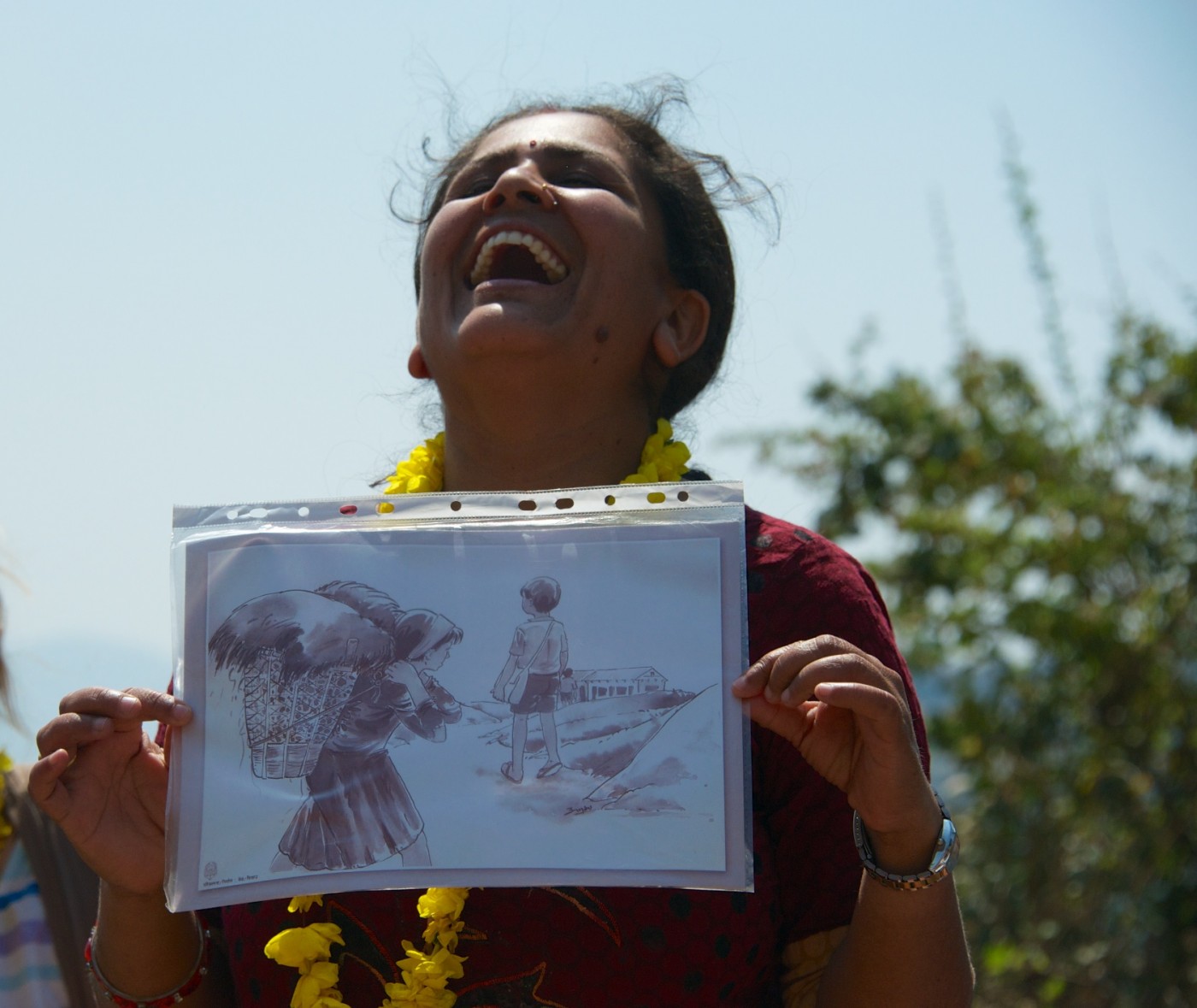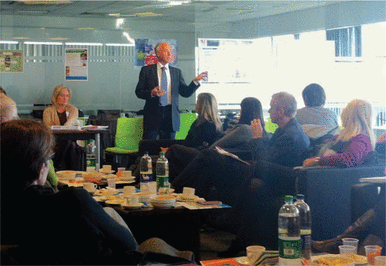 Following on from my last post ‘Developing a Working Paper at BU’ in January of this year, we are now within sight of having an exciting new online journal at BU. eBU will provide both an internal and external forum for the development of research papers by undergraduate to Professor around the eight BU research themes:
Following on from my last post ‘Developing a Working Paper at BU’ in January of this year, we are now within sight of having an exciting new online journal at BU. eBU will provide both an internal and external forum for the development of research papers by undergraduate to Professor around the eight BU research themes:
– Creative & Digital Economies
– Culture & Society
– Entrepreneurship & Economic Growth
– Environmental Change & Biodiversity
– Green Economy & Sustainability
– Health, Wellbeing & Ageing
– Leisure & Recreation
– Technology & Design
Submissions will be open to immediate publication (in a safe internal environment) and open peer review by 2 appropriate BU academics. Authors will be encouraged to act upon these reviews by either reworking papers for submission to an external journal or by opting for publication on the external eBU site.
For BU academics this is a great opportunity to get critical appraisal on your research papers or ideas from colleagues. For academics it also an opportunity to encourage the submission of high quality student output, and possibly to facilitate the co-creation and co-production of publishable material to an external journal or to publish externally with eBU. For students, this is a fantastic opportunity to turn high quality essays or dissertations into scholarly outputs, which will be attractive to employers across many sectors and industries.
It is anticipated that author guidelines will be circulated in the coming weeks, and staff and students alike should begin to think about how they could submit to eBU.
If you have any questions or would like to become involved in this exciting venture, please get in touch with me via email aharding@bournemouth.ac.uk or by telephone 01202 963025




















 Final Bournemouth University publication of 2025
Final Bournemouth University publication of 2025 On Christmas Day in the Morning…
On Christmas Day in the Morning… New Nepal scoping review on maternal & neonatal health
New Nepal scoping review on maternal & neonatal health Fourth INRC Symposium: From Clinical Applications to Neuro-Inspired Computation
Fourth INRC Symposium: From Clinical Applications to Neuro-Inspired Computation ECR Funding Open Call: Research Culture & Community Grant – Application Deadline Friday 12 December
ECR Funding Open Call: Research Culture & Community Grant – Application Deadline Friday 12 December MSCA Postdoctoral Fellowships 2025 Call
MSCA Postdoctoral Fellowships 2025 Call ERC Advanced Grant 2025 Webinar
ERC Advanced Grant 2025 Webinar Horizon Europe Work Programme 2025 Published
Horizon Europe Work Programme 2025 Published Horizon Europe 2025 Work Programme pre-Published
Horizon Europe 2025 Work Programme pre-Published Update on UKRO services
Update on UKRO services European research project exploring use of ‘virtual twins’ to better manage metabolic associated fatty liver disease
European research project exploring use of ‘virtual twins’ to better manage metabolic associated fatty liver disease